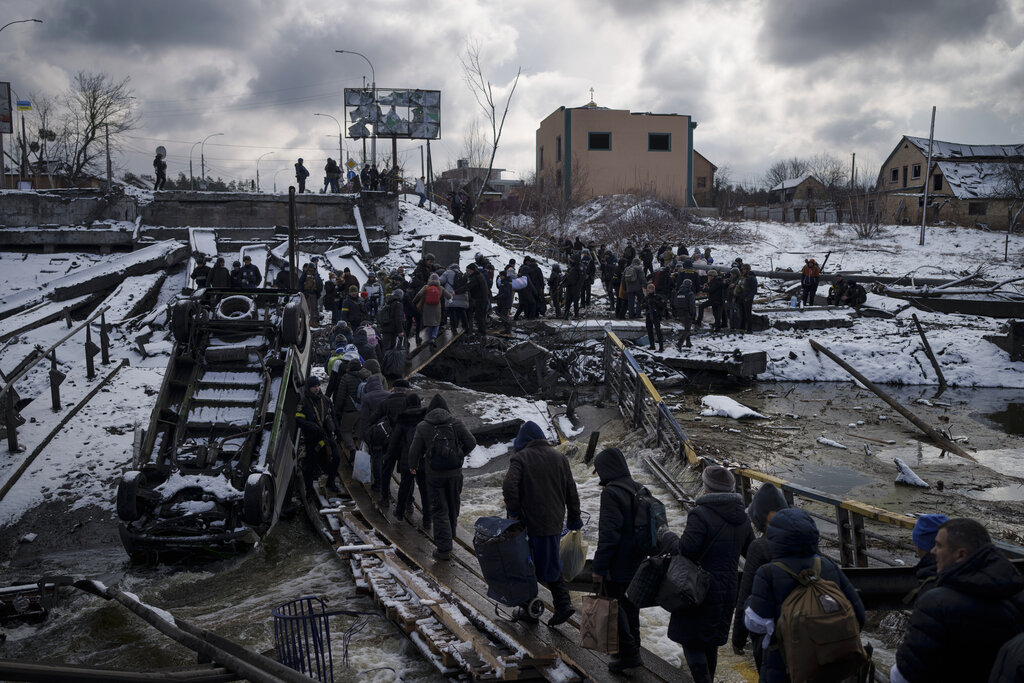By Art Markman
We all fail. We might miss a call with a client because of an emergency work meeting, or miss that meeting because another project suddenly became urgent. And when we or our families get sick, we have to shift priorities again.
These unsystematic failures are benign. They simply reflect the fact that all of us have limited resources. Far more problematic is systematic failure, which happens when you have a goal that you never achieve. The goal could be long term, like writing a book or applying for a fellowship—or daily, like exercising more and eating healthier. Systematic failures usually derive from some combination of the following three factors:
- Short-term pressures. Most of us are drawn to achieve pressing short-term goals rather than putting time into long-term projects. The people who accomplish their long-term goals create regular space to make progress on them—like devoting blocks of time each week to writing that book.
- Environments that are hostile to our goals. Without even realizing it, we often do what’s easiest to accomplish rather than what’s most important. E-mail is a great example. Each new message is an invitation to drop what you’re doing. Simply shutting off e-mail for a few hours a day can remove this distraction from your work environment.
- Working too much. Many workplaces create pressure to stay at the office for more and more hours, which (paradoxically) creates opportunities for systematic failure.
Most people have an optimal number of hours they can work each day. For example, I can be productive for only about eight to nine hours. Get to know your own capacity. Then strive to work while you’re at the office and not work when you aren’t. That way you’ll have the time and energy you need to accomplish your nonwork goals.
Art Markman is a professor of psychology and marketing at the University of Texas, Austin.




































